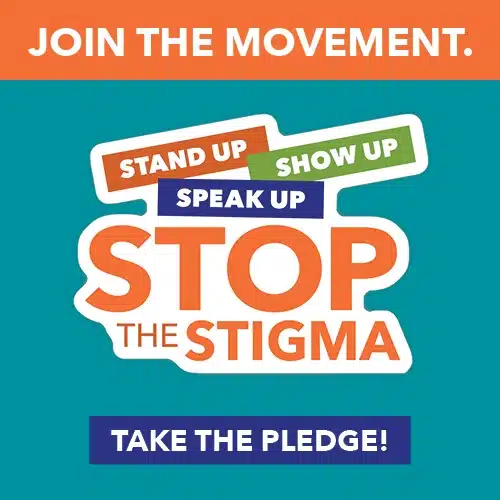Imposter Syndrome is, “the condition of feeling anxious and not experiencing success internally, despite being high-performing in external, objective ways.”
If you have ever felt like an imposter, you are not alone. Research indicates 70 percent of people will experience at least one case of imposter feelings or thoughts in their lifetime. According to Psychology Today, those who struggle with this challenge may believe that they are undeserving of successes and feel like an imposter in their own achievements.

Each individual can experience imposter syndrome in their own way. Many are often well-accomplished individuals who may attribute their success to external causes, such as luck or timing. Experts in the field highlight the five types of imposter syndrome as:
- The Expert
- The Super Woman/Man
- The Perfectionist
- The Soloist
- The Natural Genius
Imposter syndrome can impact any individual, no matter their background, skill level, social status, or degree of expertise. However, those who battle the syndrome tend to struggle in silence, making it essential to understand the signs, causes, and means of coping.
Common Symptoms
Despite not presenting as a diagnosable mental health condition, an individual may display numerous characteristics as their imposter syndrome develops. Some common symptoms include:
- Self-sabotaging or self-doubt
- Attributing success to external factors
- Perfectionism
- Downplaying expertise or skills
- Overachieving
- Feelings of inadequacy
Identifying the Cause
Research suggests upbringing and personality play key factors in the cause of imposter syndrome. Growing up in a “pressure to achieve” environment, such as in a family which placed emphasis on achievement, can emphasis the correlation of success to self-worth. Imposter syndrome also links to certain personality traits, such as low self-efficacy, perfectionism, and neuroticism.
Ways to Cope
Facing imposter syndrome can be challenging or overwhelming. It can stifle the potential for growth, preventing individuals from pursuing new opportunities. Overcoming it involves confronting and rerouting established mindsets in self-doubt. Try taking it slow through expecting to make mistakes, decreasing comparisons to others, and sharing feelings with a loved one.
Remind yourself that you are not alone in this process. On her book tour, Michelle Obama spoke about her experience facing it by sharing, “I still have a little imposter syndrome… it doesn’t go away, that feeling that you shouldn’t take me that seriously. What do I know? I share that with you because we all have doubts in our abilities, about our power and what that power is.”
Ask for Help
If feelings of imposter syndrome persist and continue to hold one back from opportunities, consider speaking with a mental health professional. If you or a loved one are struggling with mental health, Oaks is here to help. Explore our services page or call our Access Center at 1-800-963-3377 to make the first step.









